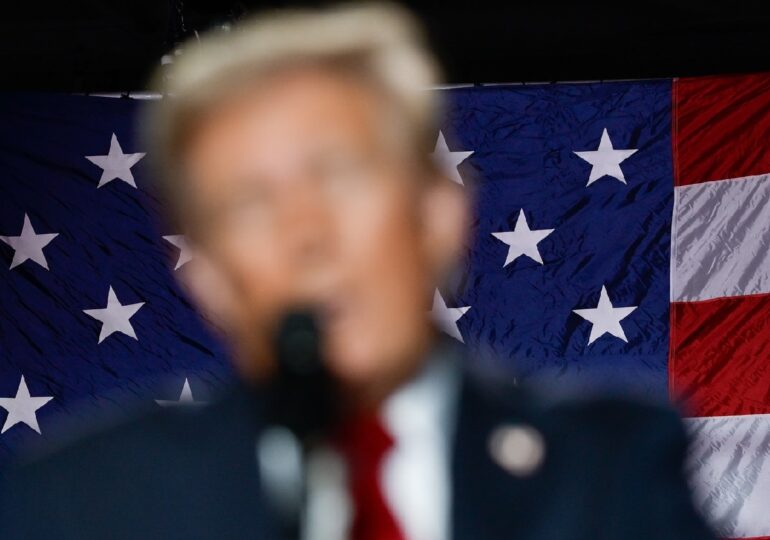„If we don’t have FREEDOM OF EXPRESSION, we don’t have a FREE COUNTRY,” Donald Trump repeated during his campaign. Shortly after returning to the White House, the same Trump casually stated, „I have restricted freedom of expression,” trying to justify his call to imprison those who burn the American flag, even though the Supreme Court has clearly established that this gesture is protected as a form of expression.
This spectacular turnaround illustrates, writes CNN, the two-century-old contradictions surrounding the First Amendment, the cornerstone of American freedoms.
Trump came to power promising to defend freedom of expression, especially in universities and on social networks. Today, his administration is waging a multi-front war against this freedom:
- A judge appointed by Ronald Reagan accused the White House of a "direct attack on the First Amendment" after pro-Palestinian academics were targeted and deported;
- Trump demands that universities limit campus speech to receive federal funding;
- He praised the FCC chairman for attempting to cancel Jimmy Kimmel's show;
- He has filed lawsuits against the press and law firms, which, although legally fragile, have resulted in damages and intimidation;
- YouTube and other platforms have rescinded suspensions of his allies, like Dan Bongino, involved in spreading pandemic misinformation.
More recently, Attorney General Pam Bondi promised to "hunt down hate speech" from those who celebrated the death of conservative activist Charlie Kirk - a move that experts see as dangerous because the term "hate speech" is vague and can be used as a tool for selective repression.
America and the pendulum of freedom
The history of the USA is an alternation between freedom and restriction.
Just a few years after the adoption of the First Amendment, Congress passed the Alien and Sedition Acts, which made criticizing President John Adams illegal. Among those arrested were Benjamin Franklin's nephew and Congressman Matthew Lyon who - ironically - was re-elected from prison.
A century later, socialist Eugene Debs was sentenced to 10 years in prison for criticizing recruitment in World War I. He ran for president from his cell and received nearly a million votes.
Judge Oliver Wendell Holmes initially supported the conviction, but then formulated one of the most famous defenses of freedom of expression: "The ultimate good desired is better reached by free trade in ideas."
From abolitionists to the civil rights movement
Freedom of expression has often been linked to the racial struggle.
In the 1830s, abolitionists were imprisoned in the slaveholding South. A century later, the civil rights movement expanded constitutional protection of expression.
NAACP and other organizations understood that limiting speech - even offensive speech - would inevitably be used against minorities.
Judge Thurgood Marshall, a hero of the desegregation struggle, later defended the free speech rights of a KKK member in court, emphasizing that freedom cannot be fragmented based on sympathies.
A new "Red Scare"?
Historian Fara Dabhoiwala from Princeton warns that the US is entering a "third Red Scare," where an authoritarian government is once again trying to silence dissenting voices, this time under the pretext of public order and morality.
He points out that today's protections were born precisely in periods of ideological terror in the 1910s and 1950s.
The Weakness of the First Amendment
Dabhoiwala also sees a structural problem: the First Amendment only protects against state censorship, not private censorship. "The government cannot silence you, but your company can fire you for an online post. And that's it," he says.
Historically, digital platforms "have no legal responsibility for truth or the common good," but profit massively from monetizing lies. While fact-checking is slow, misinformation circulates in real time.
"When you say, 'Everyone is free to say anything,' you open the door to manipulation - from hostile actors to politicians lying to gain power," the historian emphasizes.
However, warns jurist Jacob Mchangama from Future of Free Speech, excessive moderation is also a form of censorship. And "Power shifts. Those who control discourse today will be silenced tomorrow."

